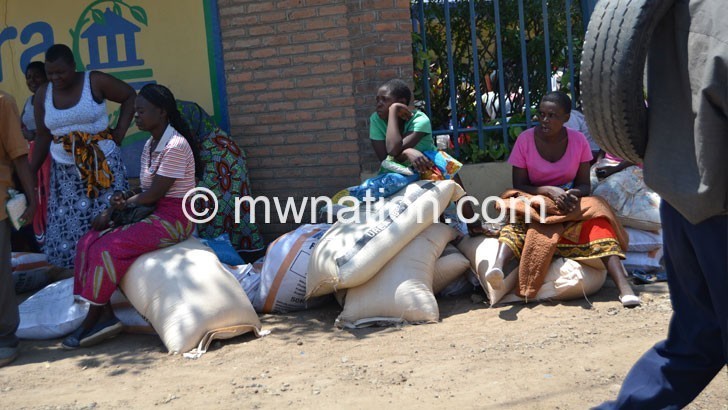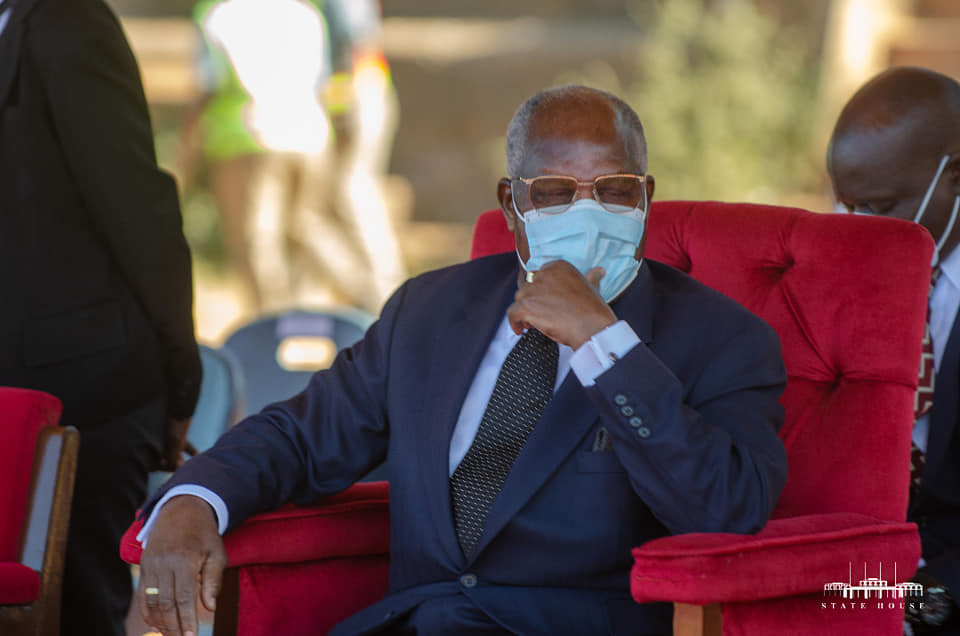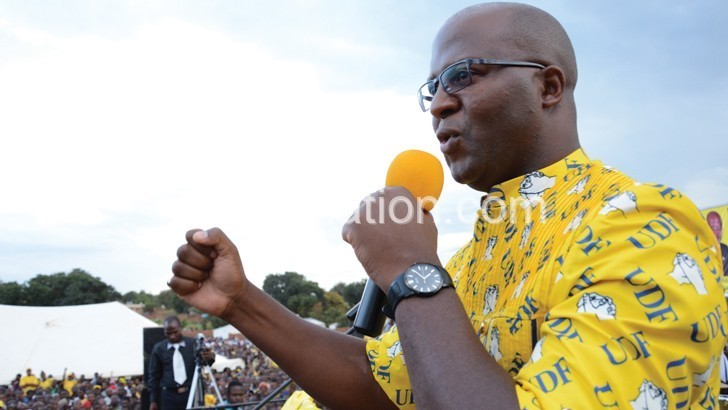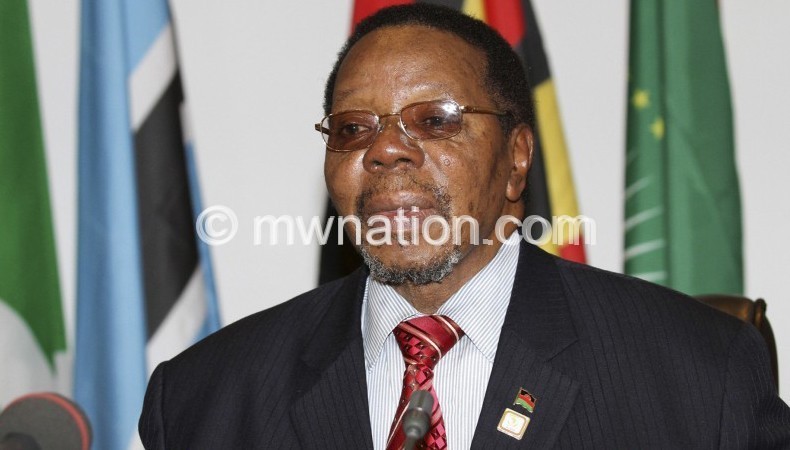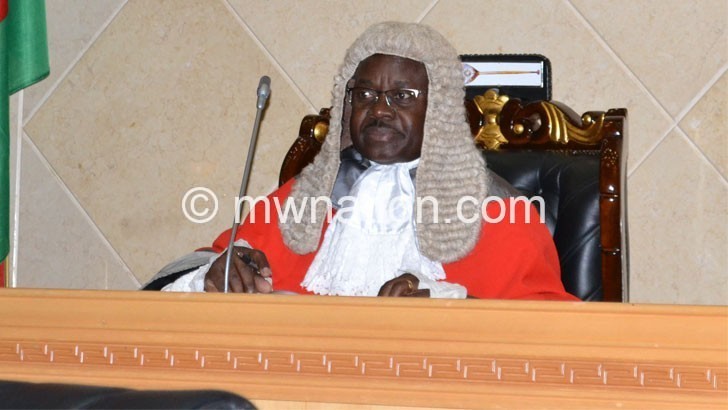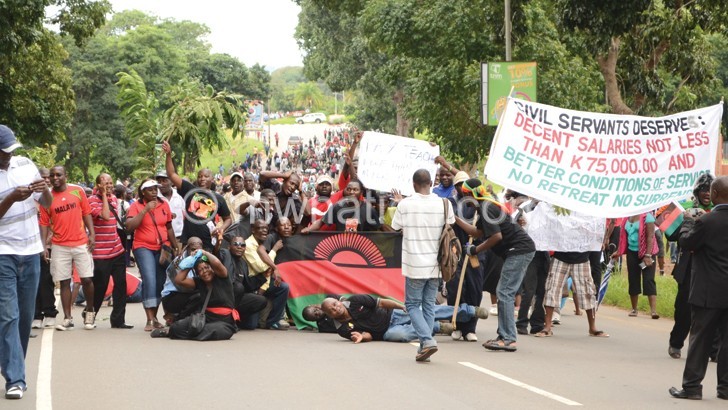Data from the Public Health Institute of Malawi (Phim) shows that the country is registering a decline in the number of deaths and the positivity rate for Covid-19 in August.
The data shows that the overall positivity rate has dropped from 20.3 percent in recent weeks to 17.6 percent with the weekly positivity rate averaging 15.8 percent.

Deaths have also declined by an average 19.4 percent, but the case fatality ratio remains high at 3.2 percent compared to the 2.1 percent global rate.
Since the country recorded its first Covid-19 death on April 7 2020, a total of 2 082 people have succumbed to the pandemic. By August 31 2020, Malawi had registered 175 Covid-19 deaths in the first wave while 1 892 died during the second and third waves.
While the country has reported a 33.7 percent drop in the number of new positive cases in this month, the Phim data shows that the recovery rate stands at 74.3 percent
According to the data, youths within the age range of 20 to 29 are the most affected (21.8 percent) by the pandemic followed by those within the age range of 30 to 39 percent (21.2 percent).
People within the age range of 40 to 49 are the least affected at 15.6 percent, according to the data.
In an interview yesterday, Health and Rights Education Programme executive director Maziko Matemba attributed the decline in both the number of deaths and positivity rate to the country’s Covid-19 response programmes.
He said while there are many factors that can be highlighted, one of the major attributes can be the readiness of the country’s health care workers and the availability of supportive medication.
Said Matemba: “Taking into consideration that it’s almost a year now since we have had Covid-19, our clinicians might have mastered how to take care of Covid-19 patients in our treatment centres.”
But while emphasising that the case fatality ratio is a cause for concern, the health rights activist expressed worry with low turnout of people at Covid-19 vaccination centres after the arrival of more AstraZeneca vaccine doses last month.
According to a Ministry of Health daily Covid-19 update, as of yesterday, 466 999 and 192 517 people had received the first and second jabs of the AstraZeneca vaccine while 168 099 had received the Johnson and Johnson vaccine.
In a separate interview, epidemiologist Dr Titus Divala said from the country’s detailed population the true case fatality ratio would unlikely be over one percent if there was accurate recording of the number of confirmed cases or deaths.
He said: “However, in a very fluid and overstretched setting of battling a pandemic, case fatality ratios and recovery rates do not reflect the true burden of disease.
“This is because the number of people dying from Covid-19 and the true number of cases are unlikely to be accurate because many go through the disease without being tested.”
Divala said for Malawi to improve on the case fatality ratio, there is need to expand testing access and clinical confirmation of deaths.
While expressing worry about the low turnout of people for vaccination, he underscored the need to reduce deaths by vaccinating people above 40 years before the fourth wave which may come in December this year.
On his part, Malawi University of Science and Technology Academy of Medical Sciences head of biological sciences Dr Gama Bandawe said it is important to enlighten people on the importance of vaccines despite a proportion of the vaccinated population still contracting the pandemic.
“Vaccines give a measure of protection, especially now that we are going through different variants. So, the vaccines reduce the amount of infections meaning there is a short period of time for sickness and passing on of the virus to other people,” he said.
Bandawe said while the country continues to experience the third wave, there is need to shift focus on youths and people in rural areas where the pandemic is affecting many people.
The post Covid-19 deaths, positivity rate decline appeared first on The Nation Online.

